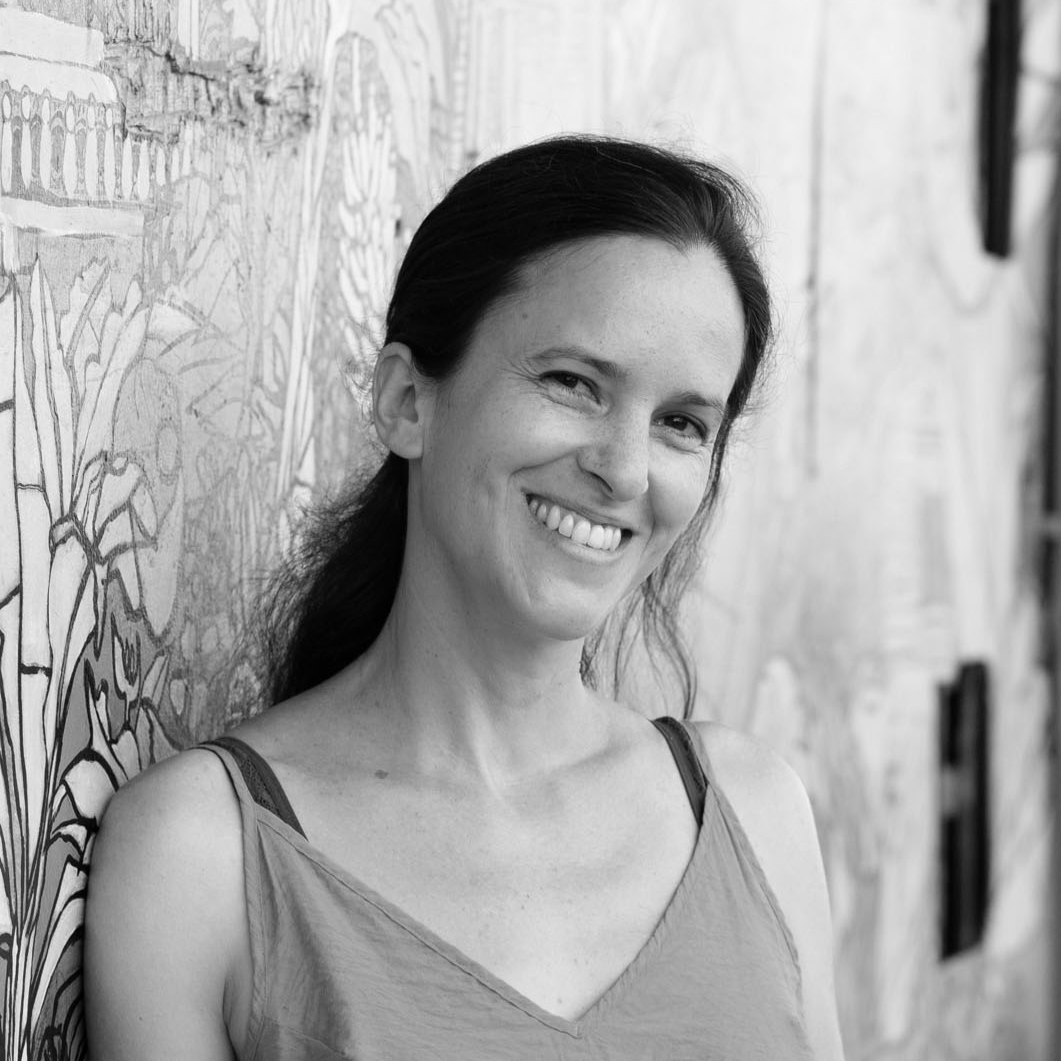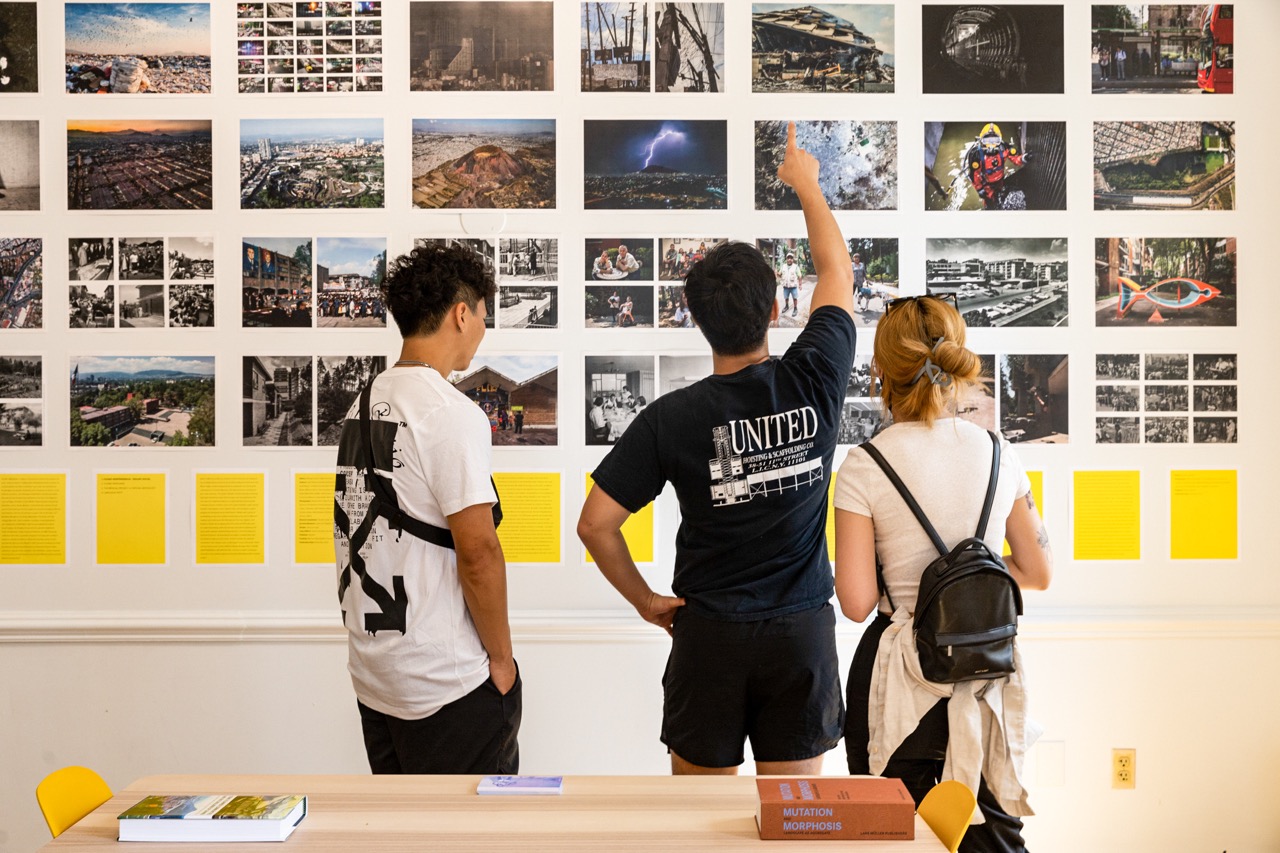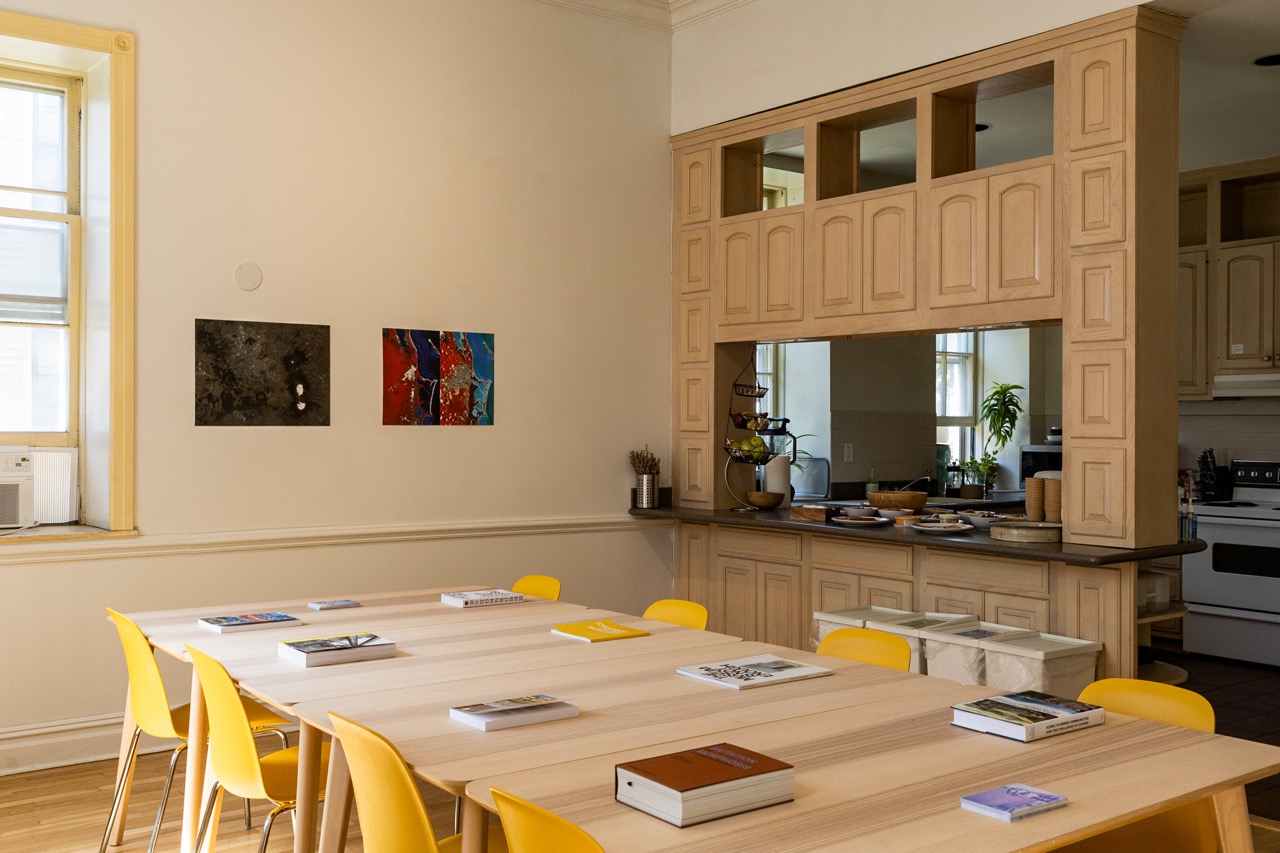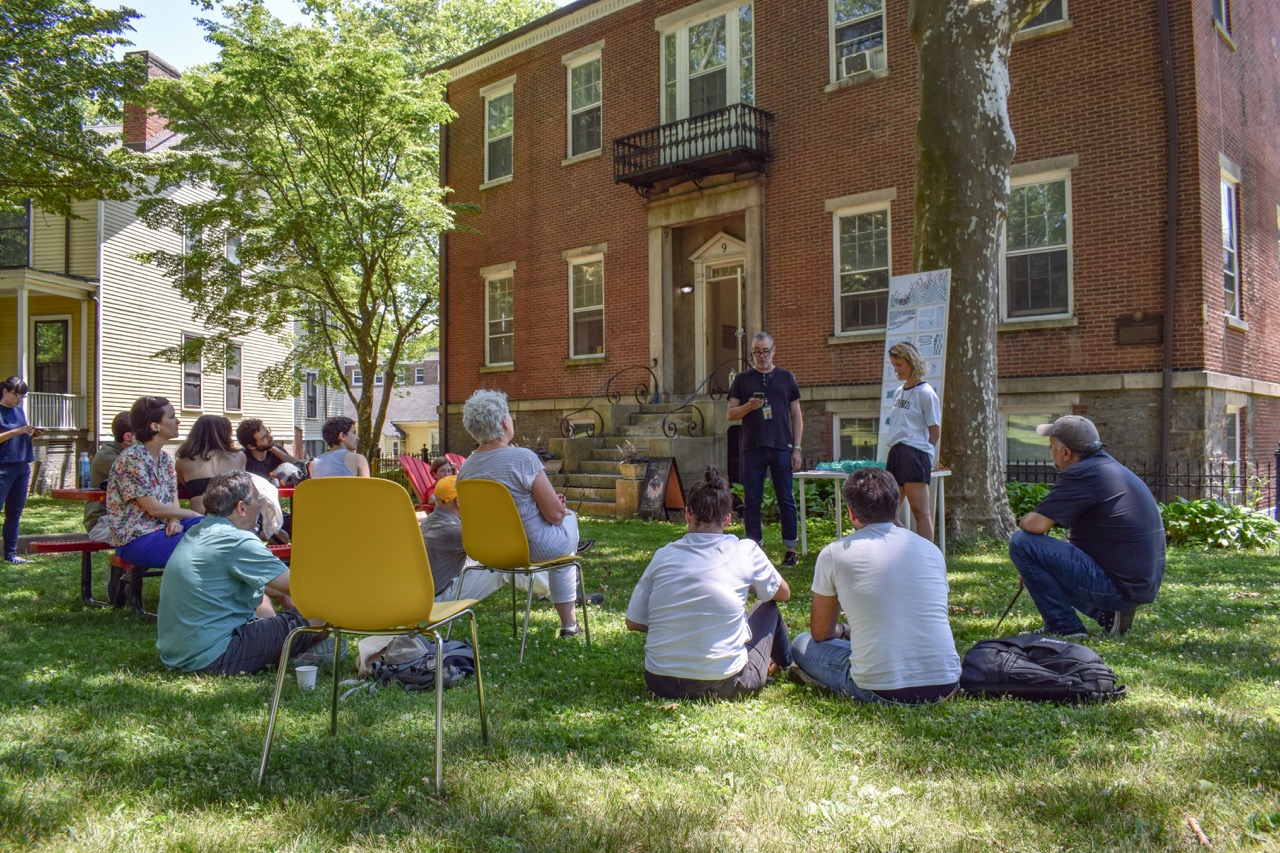Communal Land Tenure in the Caribbean
Line Algoed 2022 Summer Residency
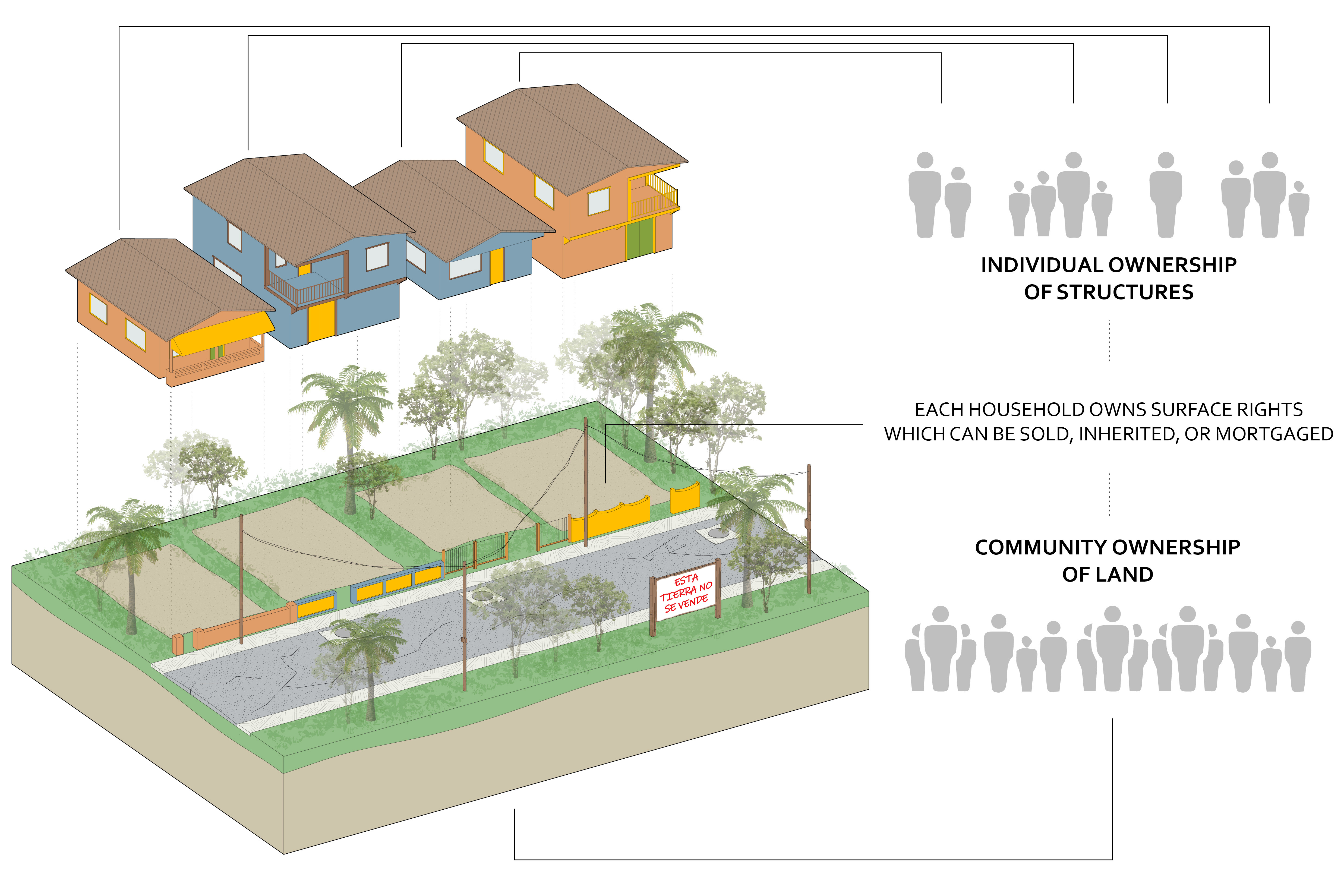
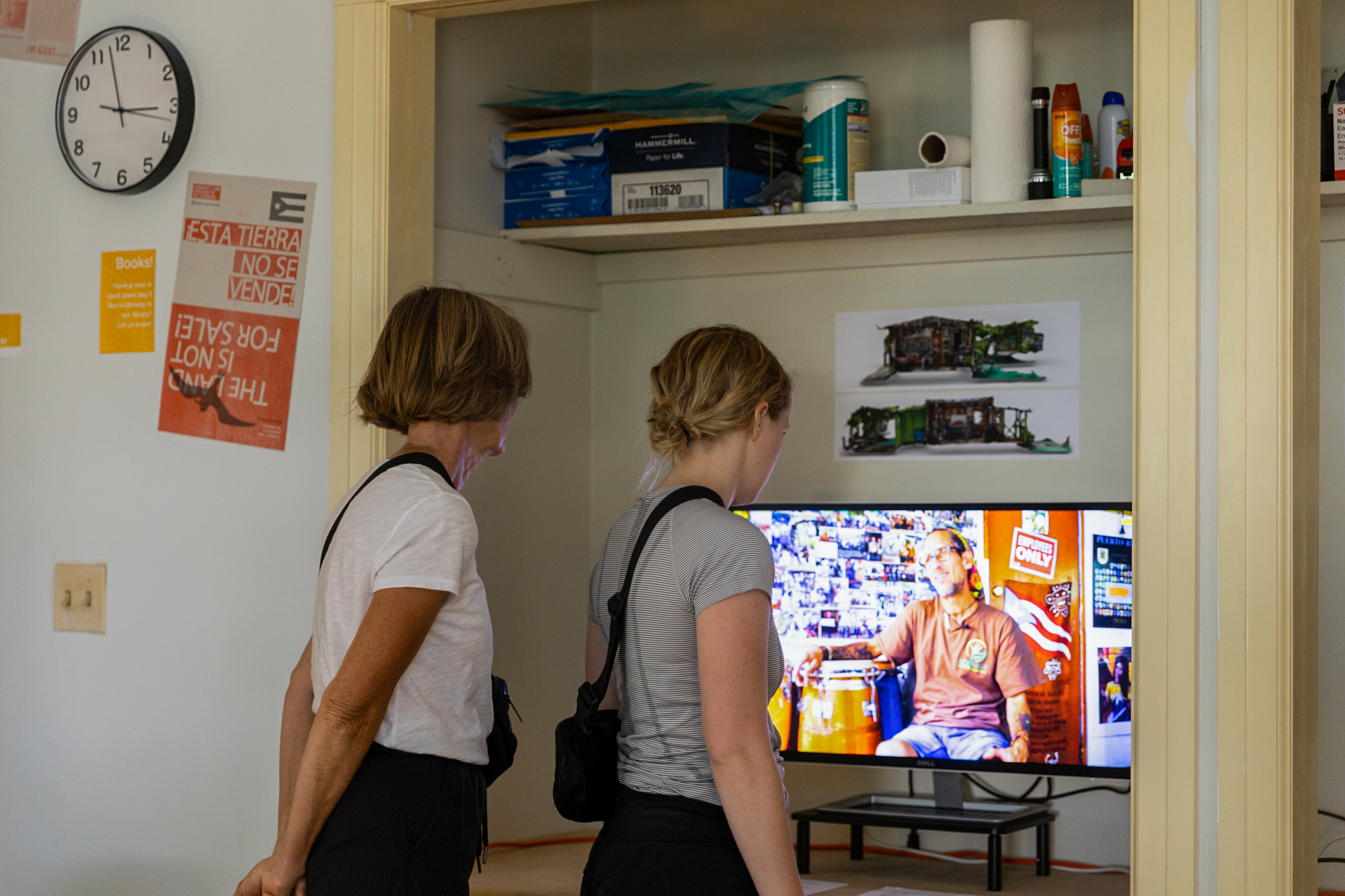

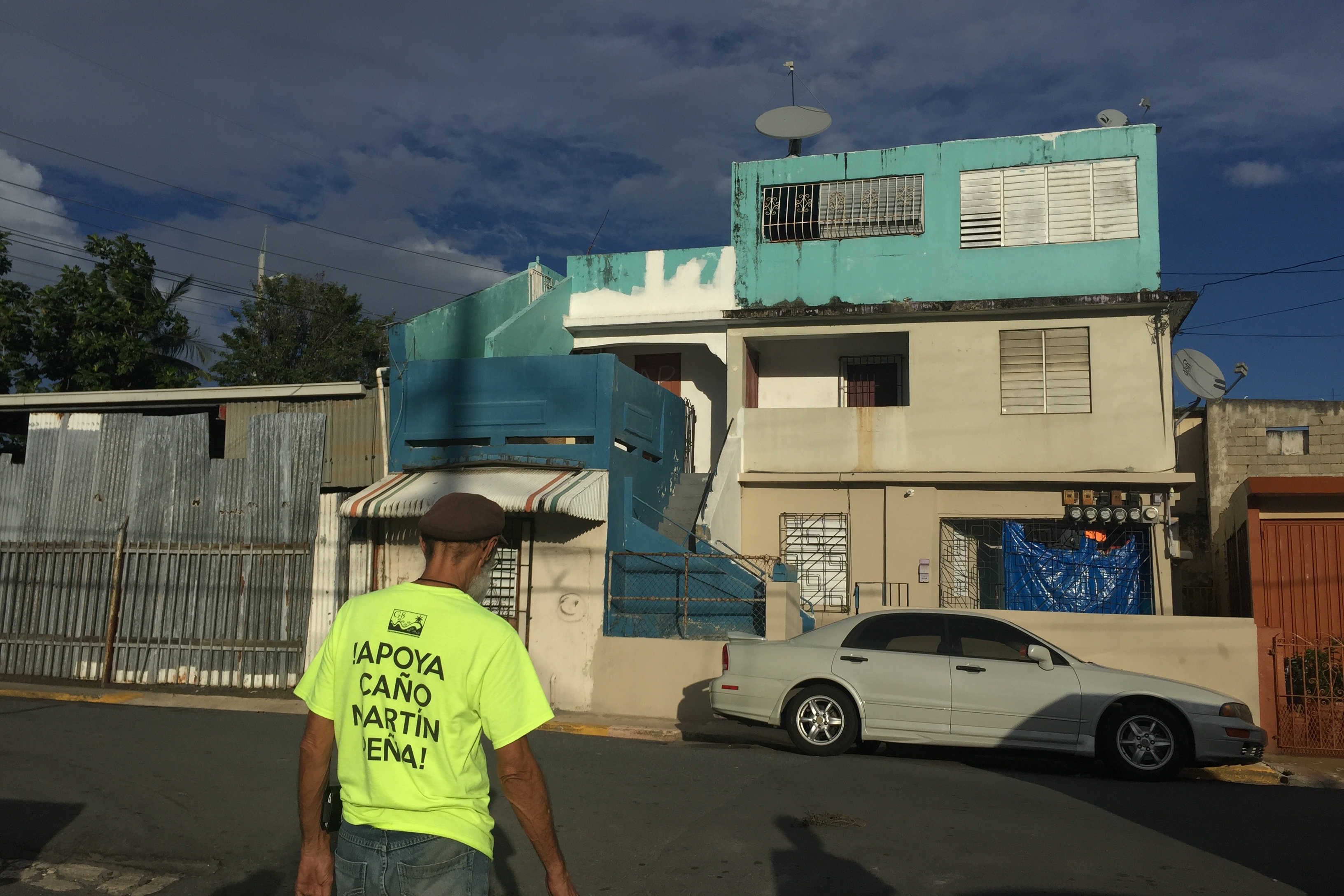

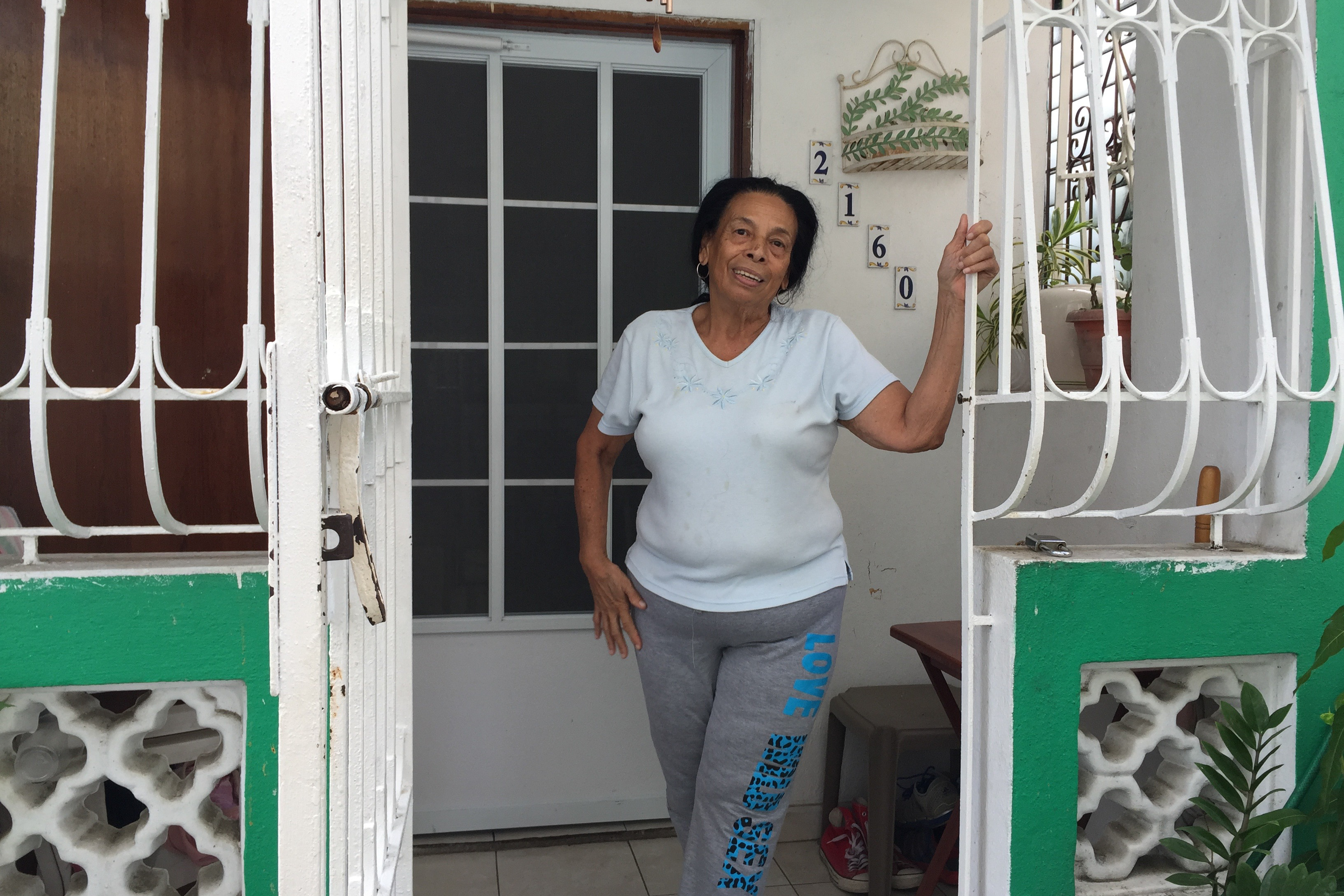
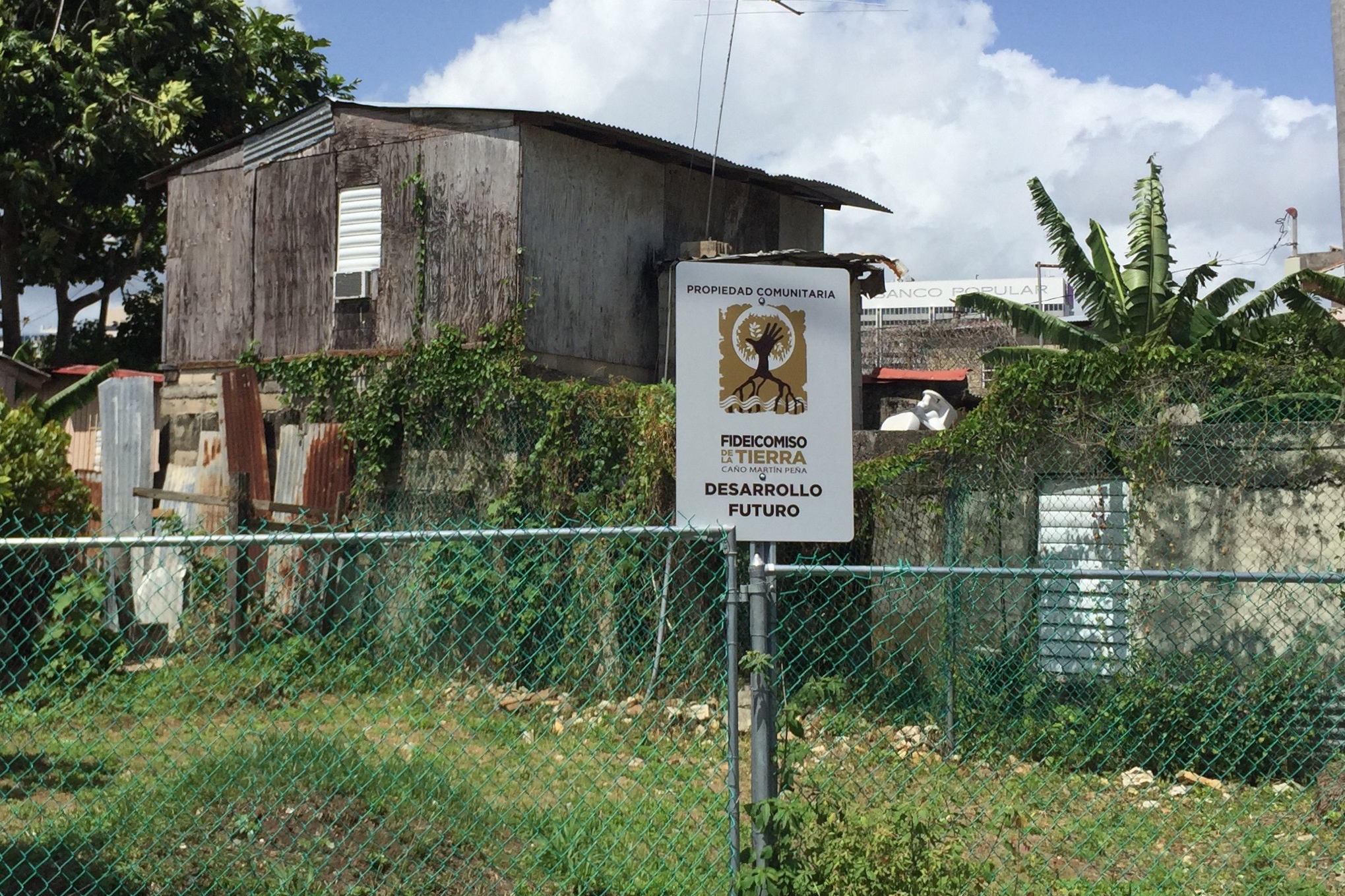

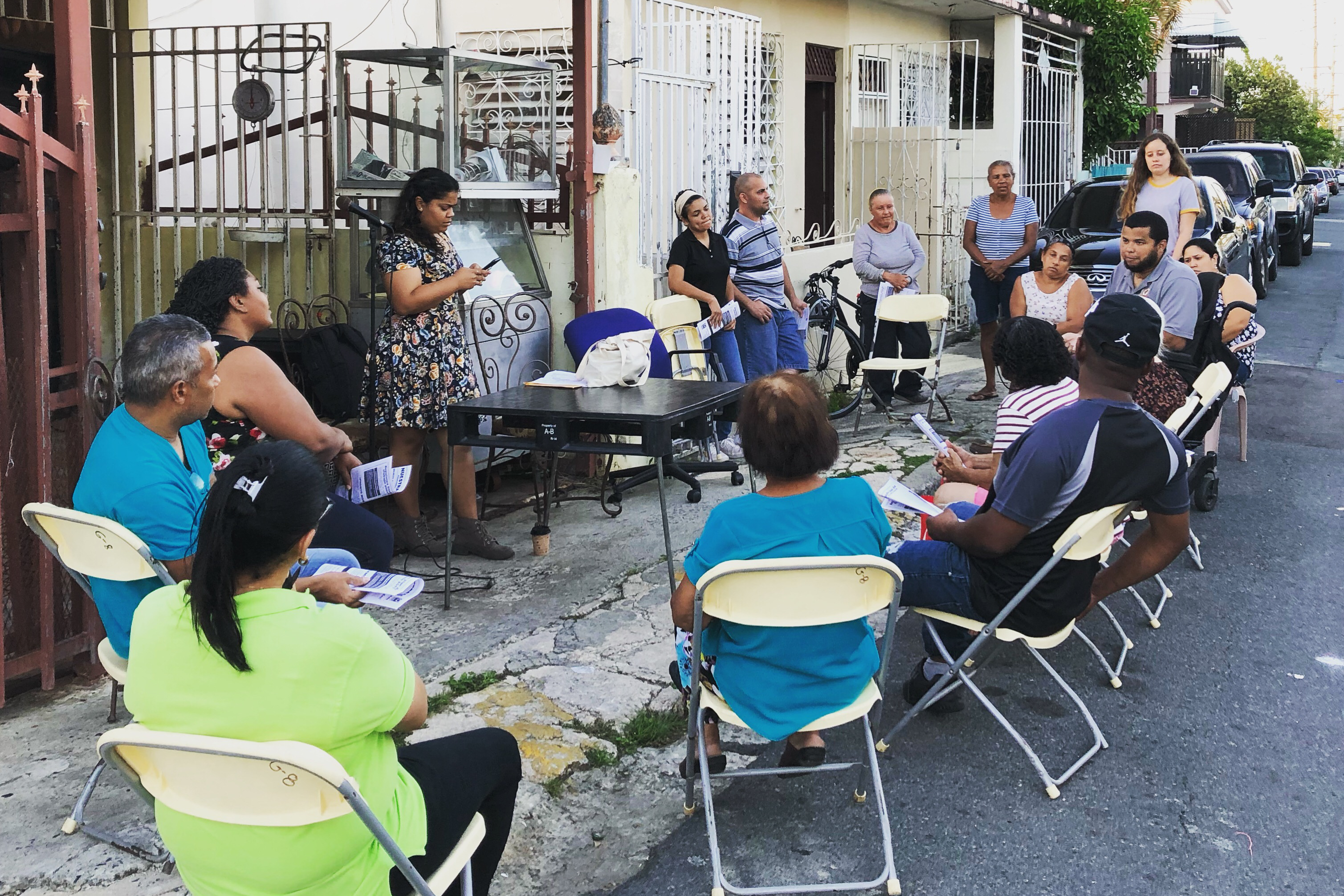
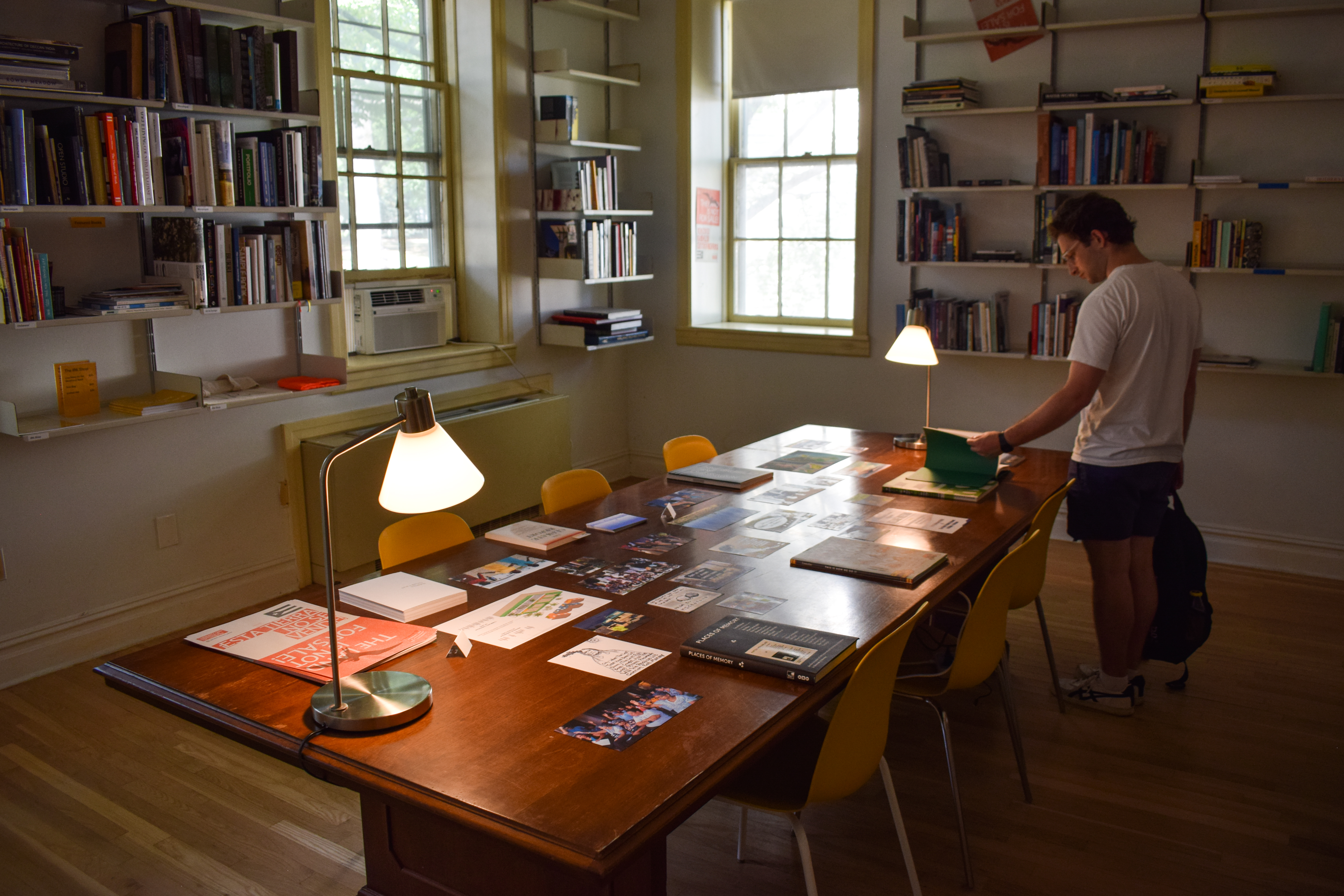
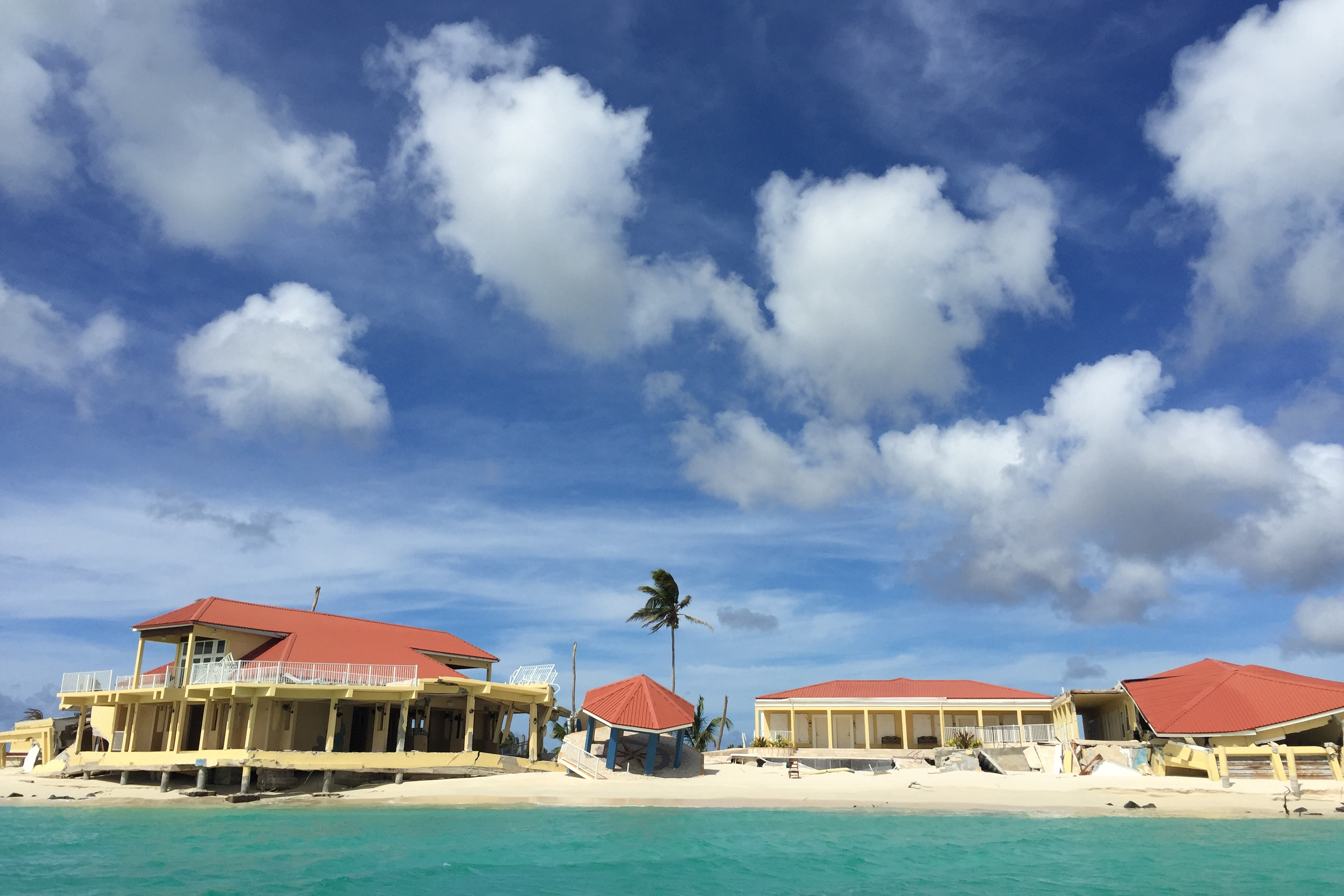
Line Algoed continued her PhD research, which focuses on the importance of communal land tenure for climate change adaptation, studying two communities with established collective land tenure systems in the Caribbean. In Puerto Rico, communities along the Martín Peña channel have developed the first Community Land Trust in the region, the ‘Fideicomiso de la Tierra del Caño Martín Peña’ (Caño CLT), to regularize land ownership and prevent involuntary displacement caused by planned dredging of the channel. In Barbuda, the smaller island of the twin state Antigua and Barbuda, a communal land tenure system has been in place since the abolition of slavery. Both communities have been severely affected by the 2017 hurricane season, and Barbuda’s land system is under threat because of disaster capitalism.
During the Residency, Line worked on three peer reviewed academic articles. The first article focuses on the advanced participation processes at the core of communal land tenure, and on how grassroots responses have been mobilized in the response after Hurricanes Irma and Maria. She interviewed Rafael Ocasio Barreto, a community leader who, after Hurricane Maria, moved from the Caño Martín Peña communities to the Bronx, where he helped organize the community of other displaced Puerto Ricans. A second article looks at the international circulation of policies around collective property with a focus on community-to-community learning, moving away from the emphasis on elite networks in policy mobilities studies. This article, co-authored with María E. Hernández Torrales, the former Chair of the Board of Trustees of the Caño CLT, is based on participatory action research conducted during several years of helping the Caño communities organize international exchanges with communities around the world. The third article, on Barbuda after Hurricane Irma, is co-authored with the decolonial Caribbean scholar Antonio Carmona Báez, and focuses on the coloniality of disaster capitalism and the decolonial resistance of the Barbudan population.
︎︎︎ View Interview with Bronx Community Leader Rafael Ocasio on grassroots organizing after natural disasters
During the Residency, Line worked on three peer reviewed academic articles. The first article focuses on the advanced participation processes at the core of communal land tenure, and on how grassroots responses have been mobilized in the response after Hurricanes Irma and Maria. She interviewed Rafael Ocasio Barreto, a community leader who, after Hurricane Maria, moved from the Caño Martín Peña communities to the Bronx, where he helped organize the community of other displaced Puerto Ricans. A second article looks at the international circulation of policies around collective property with a focus on community-to-community learning, moving away from the emphasis on elite networks in policy mobilities studies. This article, co-authored with María E. Hernández Torrales, the former Chair of the Board of Trustees of the Caño CLT, is based on participatory action research conducted during several years of helping the Caño communities organize international exchanges with communities around the world. The third article, on Barbuda after Hurricane Irma, is co-authored with the decolonial Caribbean scholar Antonio Carmona Báez, and focuses on the coloniality of disaster capitalism and the decolonial resistance of the Barbudan population.
︎︎︎ View Interview with Bronx Community Leader Rafael Ocasio on grassroots organizing after natural disasters

